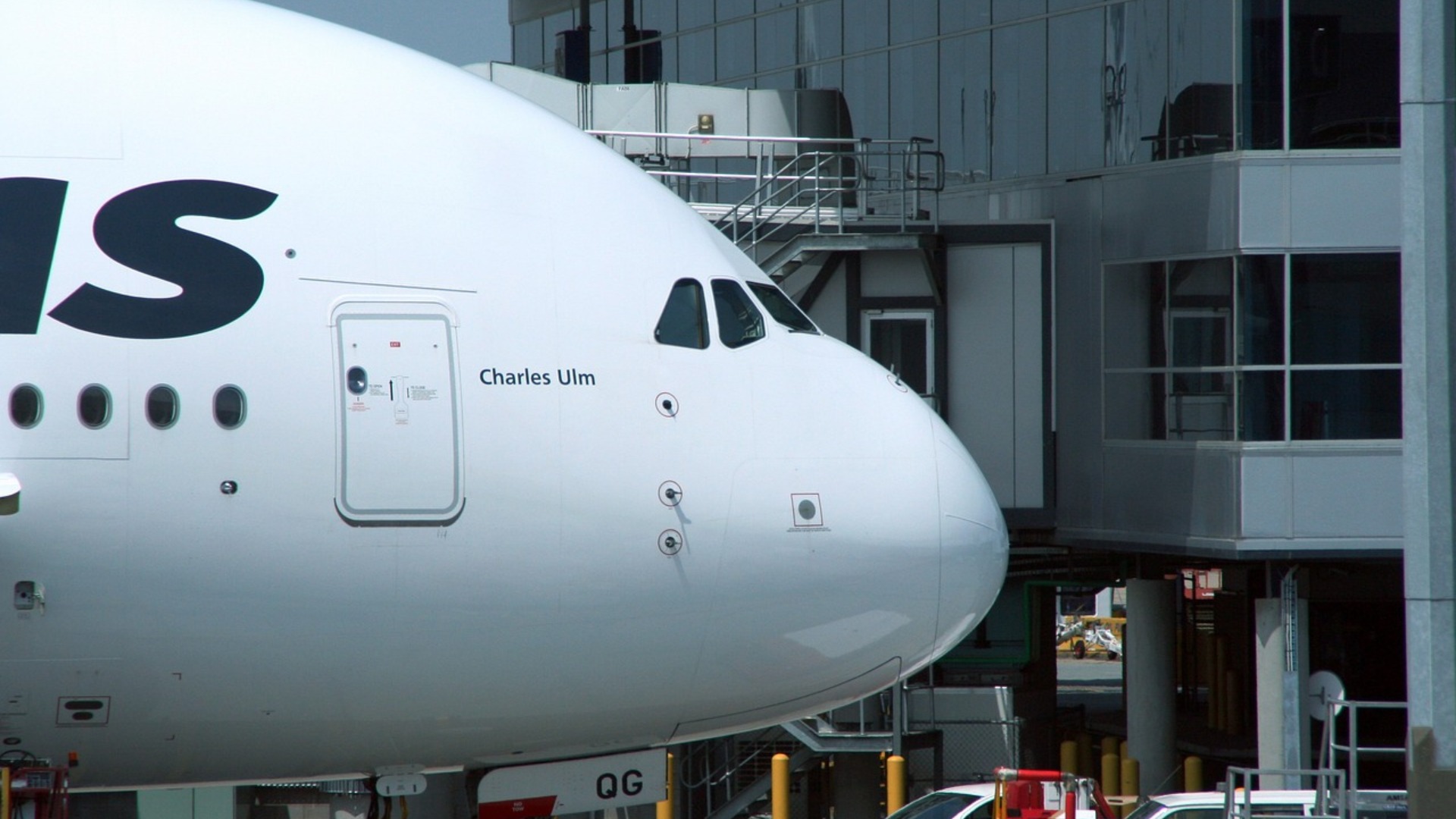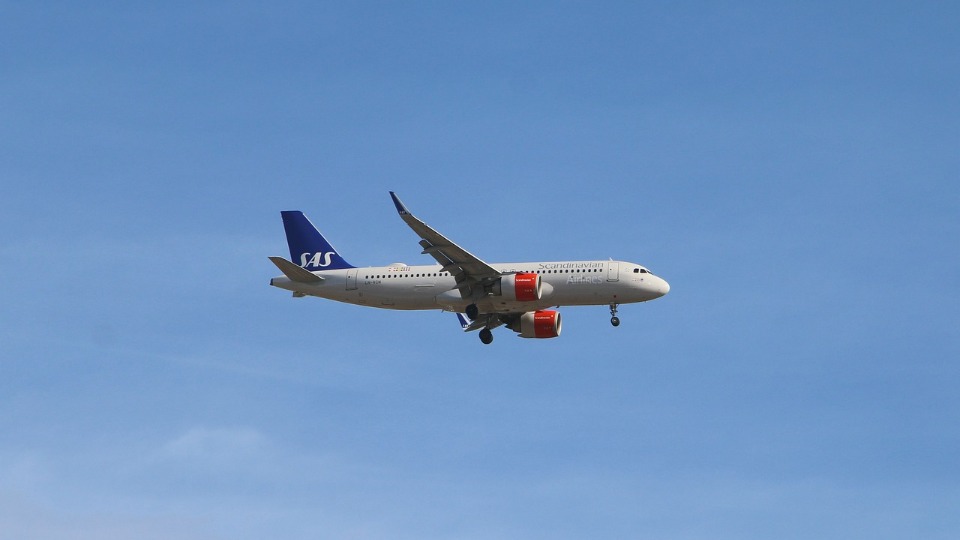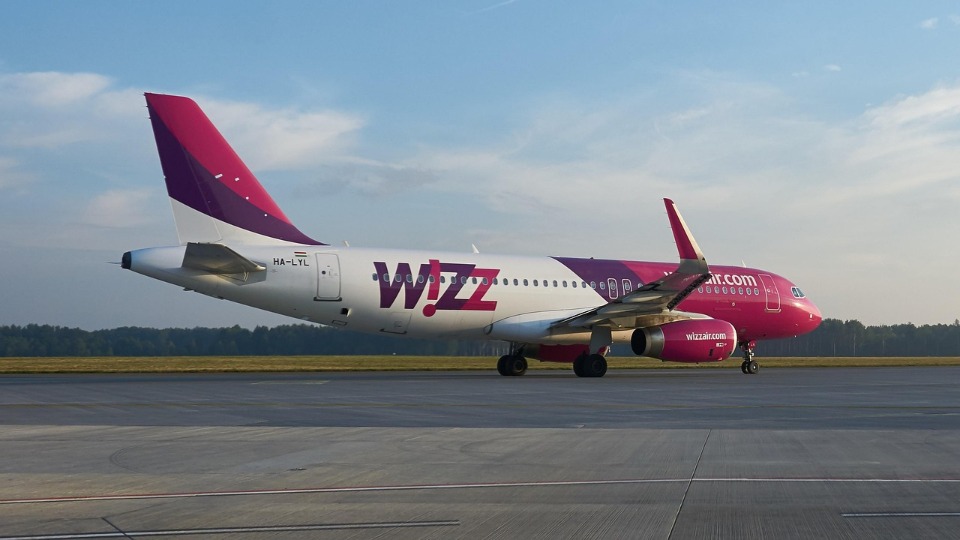
Qantas Grapples with Escalated Pilot Strike, Affecting Western Australian Flights

The dispute between Qantas's Network Aviation and its pilots leads to a six-day strike, impacting flights in Western Australia and raising concerns about fair treatment and pay within the airline group.
The ongoing dispute between Qantas Group's subsidiary Network Aviation and its pilots has intensified, leading to a six-day strike that began on Wednesday, February 14, and will continue until Monday, February 19, causing significant disruptions to flights, particularly those connected to Western Australia's regional towns and mining sites.
Initially planned as a one-day stoppage, the Australian Federation of Air Pilots (AFAP) has extended the strike action in response to stalled negotiations with Network Aviation, affecting the majority of the more than 250 pilots who operate Airbus A320s and Fokker F100s for QantasLink and charter contracts. This strike action, described as lawful and protected by the Fair Work Commission, aims to address the pilots' demands for equitable treatment and pay within the broader Qantas Group.
Chris Aikens, AFAP's Senior Industrial Officer, has criticized Network Aviation's offer of a 25% pay increase, arguing it would not benefit all pilots equally and would merely elevate the lowest-paid pilots to the minimum legal standard. This has led to a deadlock, with negotiations abandoned and the dispute potentially heading to the Fair Work Commission for resolution.
Network Aviation COO, Trevor Worgan, expressed regret over the escalation of industrial action, highlighting its potential impact on the Western Australian economy and regional travel. Qantas, on its part, has sought to minimize disruption by deploying additional Boeing 737s and chartering aircraft from other airlines, aiming to accommodate over 80% of affected passengers on the same day as their original booking.
Despite Qantas's efforts to resolve the conflict through three offers, which it claims were supported by the union but ultimately rejected, the airline insists that the disparity in flight hours between Network pilots and other Qantas Group pilots justifies the difference in pay.
As the strike unfolds, thousands of passengers face inconvenience, and the operations of key resource businesses are jeopardized. The ongoing dispute underscores deep-seated issues between Qantas and its pilots, with no clear resolution in sight until possibly intervened by the Fair Work Commission. The situation remains tense, with both sides seemingly entrenched in their positions, underscoring the complex challenges of labor negotiations within the aviation sector.








